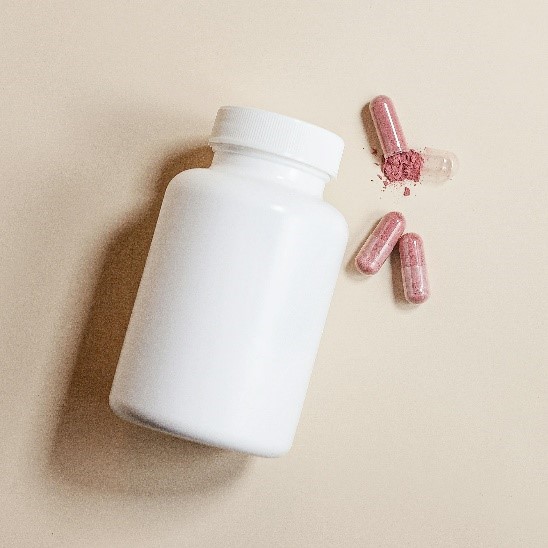
Have you heard about the specific Good Distribution Practices (GDP) for Active Pharmaceutical Ingredients (API)?
Although there are many similarities, some interesting differences with the GDP for the medicinal products can be discovered when delving into the legislation which will be elaborated in this blog.
However, first things first. What exactly is an API? Well, as described in Guidelines of 19 March 2015 on principles of Good Distribution Practice of active substances for medicinal products for human use:
An active substance is any substance or mixture of substances intended to be used in the manufacture of a medicinal product and that, when used in its production, becomes an active ingredient of that product intended to exert a pharmacological, immunological or metabolic action with a view to restoring, correcting or modifying physiological functions or to make a medical diagnosis.
With that in mind, we can start delving into the Guidelines of 19 March 2015 on principles of Good Distribution Practice of active substances for medicinal products for human.
When we mention GDP, our minds often gravitate towards the Responsible Person (RP). Yet, within the GDP for APIs, another key figure steps into the spotlight: the Designated Person.
This person has the authority and responsibility to ensure that the Quality Management System is implemented and maintained. As highlighted in the guidelines, the Designated Person is mandated to possess both competence and experience in addition to undergoing specialized training on GDP API requirements. The duties and responsibilities of the Designated Person should be clearly defined in a job description.
An RP can act as the designated person, however, this should be clearly written down in the job description.
In essence, the Designated Person emerges as a crucial figure in upholding GDP standards for APIs.
For medicinal products, the GDP stipulates that records and data must be retained for a minimum of five years.
Regarding the GDP for API, the guidelines mentions that records should be retained for at least 1 year after the expiry date of the active substance batch to which they relate. For active substances with retest dates, records should be retained for at least 3 years after the batch is completely distributed.
Now, let’s explain this term: « retest date. » In the context of APIs, it’s a term that holds significant weight. As outlined in the ICH Q7 Good Manufacturing Practice for Active Pharmaceutical Ingredients, the retest date signifies the point at which a material should be retested to ensure its continued suitability for use. It is common practice to use “retest dates” for APIs.
The manufacturers, importers and distributers of APIs located in Belgium, need to register with the Federal Agency for Medicines and Health products (FAMHP). The registration form should be submitted to the FAMHP at least 60 days prior to the intended start of the activity. If the FAMHP does not notify the applicant that an inspection will be carried out, the applicant can commence the activity.
Interesting to know is that on a WDA license for medicinal products, only the type of products is mentioned along with the performed licensed activities. However, when having a look at the API license, the names of the individual APIs are all separately mentioned on the license. Consequently, the API license should be checked yearly and any updates to the list of APIs should be provided to the FAMHP so the license can be updated accordingly.
On the EudraGMDP website, the API license can be found in the API REG section.
This license is also different from medicinal product WDA as it covers not only distribution of API, but also import and manufacturing. When importing an API from outside the European Economic Area (EEA) within the EEA, the exporting country should provide you with an export declaration. This declaration provides proof from the competent authorities of the third country that the API is manufactured according to good manufacturing practice (equivalent to the European union standards), and that the manufacturing plant is subject to regular controls to check the GMP. If there is a finding of non-compliance, the third country should provide this finding to the union without delay. Interestingly, this declaration is not applicable for importing veterinary APIs.
As can be seen from the examples provided above, the GDP for API (human medicinal products) differs from the well-known medicinal products GDP.
Do you want to start with distribution of APIs? Do you need a Designated Person? Some help with the GDP API licence and/or registration? Please do not hesitate to contact Q-support and we can support you with these tasks.
Do you want to receive our interesting blogs directly into your email? Subscribe to our newsletter!